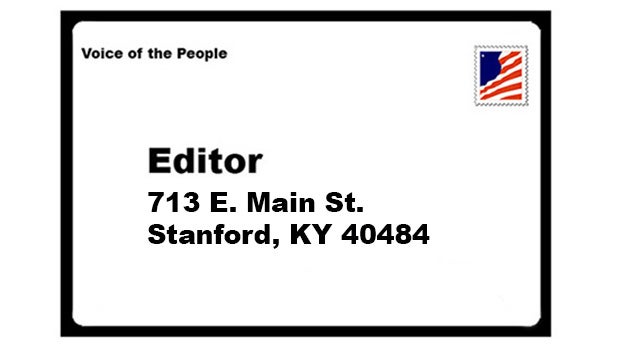Adoption system cannot function without part-time parents
Published 12:08 pm Thursday, November 29, 2018
By Karen Henderson
Guest columnist
Every November, National Adoption Month helps turn the community’s attention to heroic families who navigate a system rife with legal and emotional hurdles, eventually emerging as a happy — if a bit exhausted — adoptive household.
These are successes worth celebrating. But ask any adoptive parent how many times they felt like quitting along the way, and the answer might surprise you. The reality is that between 10 and 25 percent of attempted adoptions “disrupt,” meaning the child is removed from the home before paperwork is finalized.
With more kids in Kentucky’s foster care system than ever before, that’s a success rate that our state simply cannot bear. While steps like hiring more case workers and passing Kentucky House Bill 1 are set to ease the burden for adoptive families, even a family court system operating at maximum efficiency couldn’t prevent hundreds of would-be adoptive parents from disrupting.
The good news is that just about anyone can help boost the chances of a successful adoption. In short, we need more local families to open their homes and give adoptive families temporary assistance. Within the foster care system — where the majority of non-stepparent adoptions originate — there is a cadre of dedicated parents whose job it is to look after children for short periods of time as longer-term foster parents recharge or attend to other responsibilities. These so-called “respite parents” are the unsung heroes of the adoption system, and they can be the difference between a foster family disrupting and one that fully commits to adoption.
If you’ve considered fostering but aren’t quite sure if it’s right for you, becoming a respite parent is the perfect first step. The basic requirements are simple: be 21 years of age or older, have a steady income, and submit to a criminal background check. As long as you’re able to provide an illness-free and otherwise safe environment for kids, you can attend trainings and become certified as a respite parent. Once certified, respite parents can choose to open their homes as frequently as their life situation allows.
If you’d like to learn more about respite care, contact a foster care agency like Maryhurst to ask any questions you might have and identify whether or not it’s the right choice for you.
Becoming a respite parent means helping those who are the most vulnerable. The reasons for failed adoptions are varied, but we do know one thing for sure: children who have survived sexual or emotional abuse have the highest rates of disruption. Caring for a child that struggles with aggressive behaviors stemming from their history of abuse can be difficult, and sometimes foster-to-adopt families need a break.
Without a support system of respite care, these would-be parents risk burning out and requesting that a child be returned to the system where they may continue bouncing from placement to placement before finding their forever homes.
As you weigh the decision to pick up the phone and learn more, consider the words of a recent respite parent in Louisville: “I went back and forth for months. I didn’t know if I was up to it, but after a few weekends with these incredible kids, I learned that the most important thing I’m bringing to the table is love. If I have that, the rest will follow.”
Karen Henderson is the director of Maryhurst Embrace Foster Care, the first private therapeutic foster care agency in Kentucky.




